Dennis Afraz
By Doğukan Güven Nomak
Reading next
Jul 5, 2019
Doğukan Güven Nomak
Apr 20, 2022
Doğukan Güven Nomak
Free & Fast Shipping
All orders are shipped free of charge! In-Stock items are shipped on the same day!
No Customs Procedures
If you choose "+ DDP" shipping option at checkout, all customs formalities will be handled by us. Your order will be delivered directly to your door with no effort on your side. Learn more
30-Day Refund Policy
No questions asked, 30 days money back guarantee. Learn more
Life-Time Insurance
Our products come with lifetime free accidental damage coverage. Learn more.

Ends April 26
Best Seller Products
FlexTILT MAX
Sale price$69
PhoneCLIP
Sale priceFrom $19
StandPLUS
Sale priceFrom $290
SliderPLUS v5
Sale priceFrom $449
SliderONE
Sale price$499
HeadONE
Sale price$399
HeadPLUS v2
Sale priceFrom $1,499
JibONE
Sale price$1,399
FlexTILT Original
Sale price$99
QuickRELEASE
Sale price$99

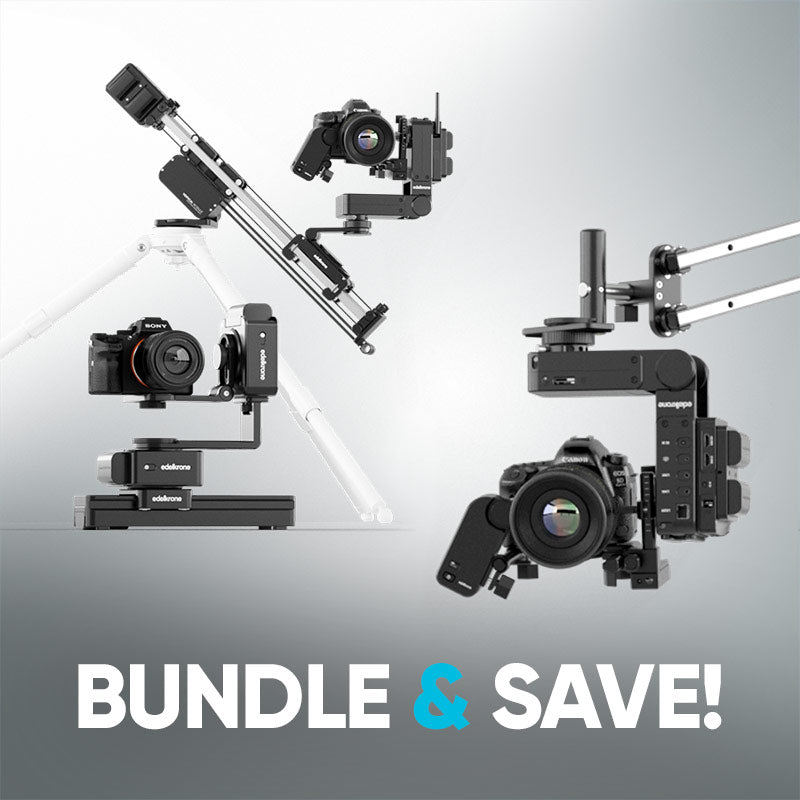
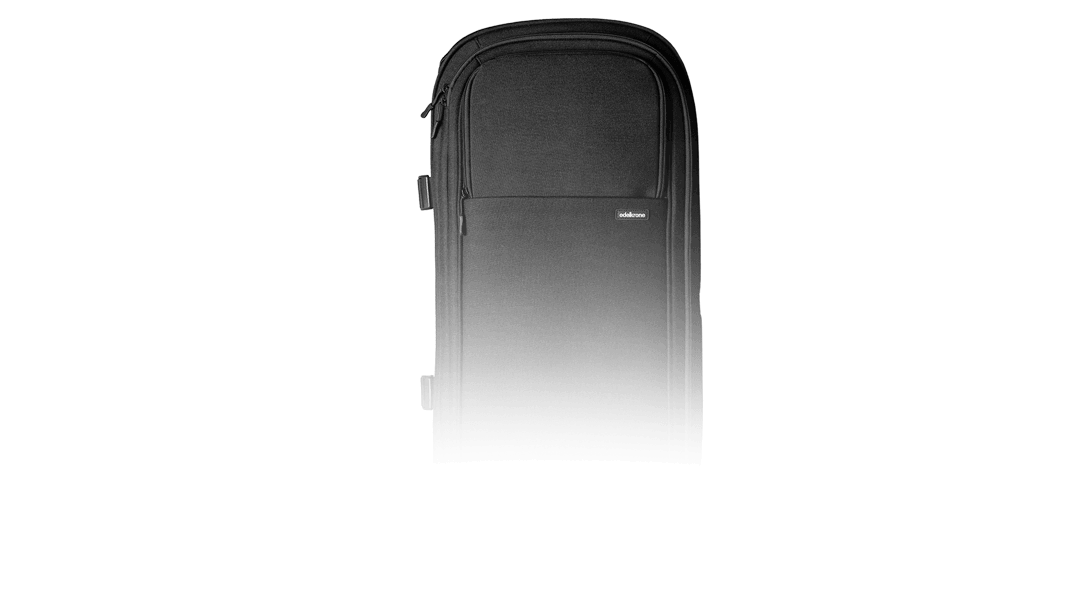
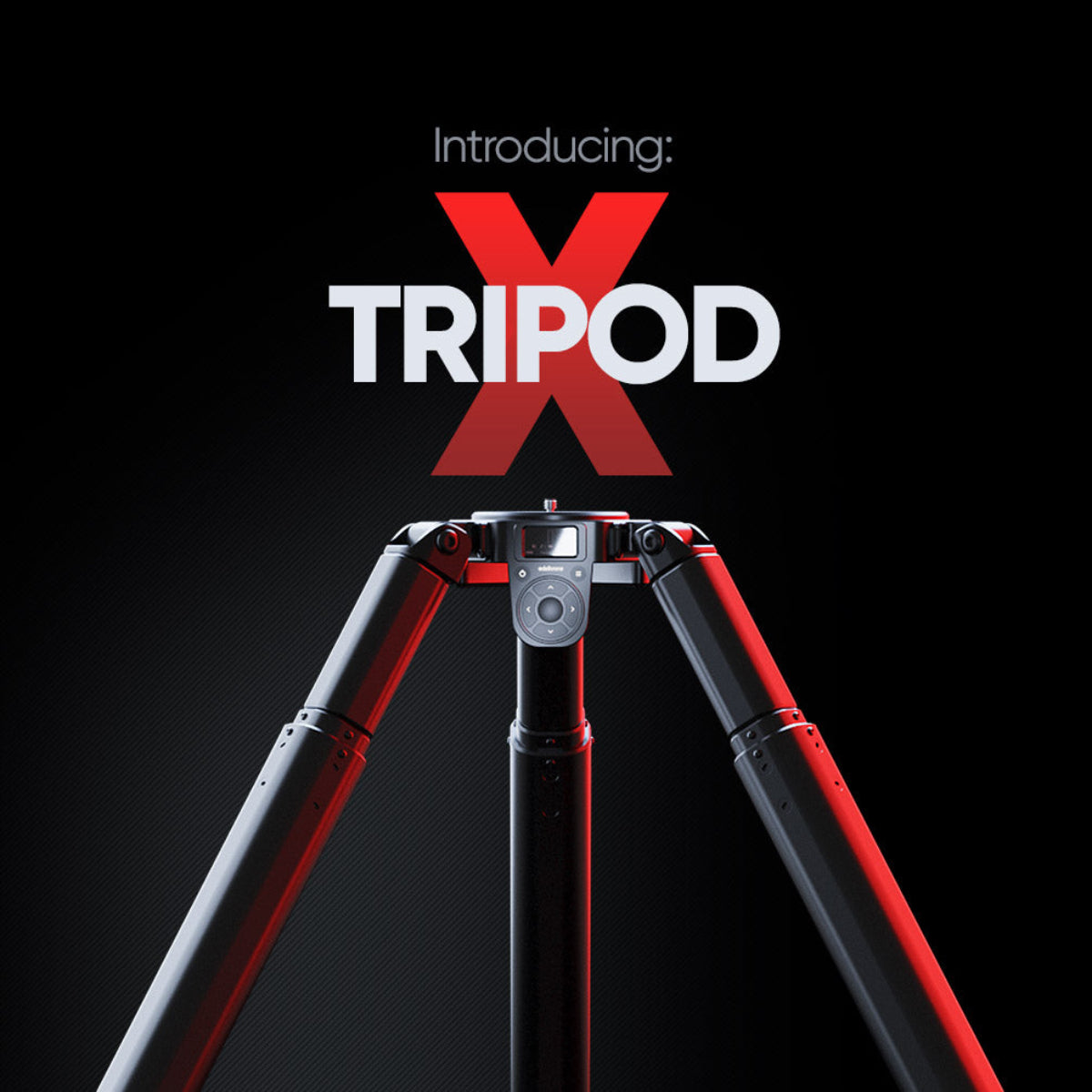
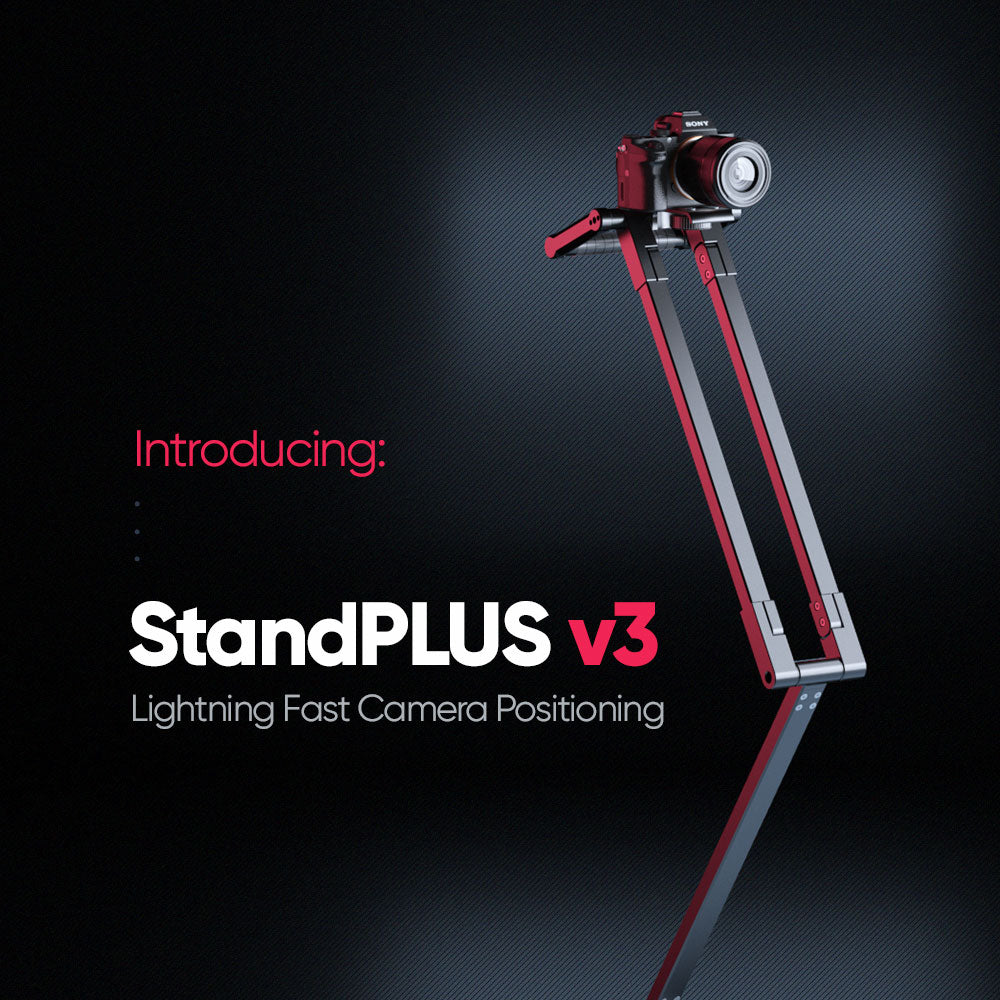

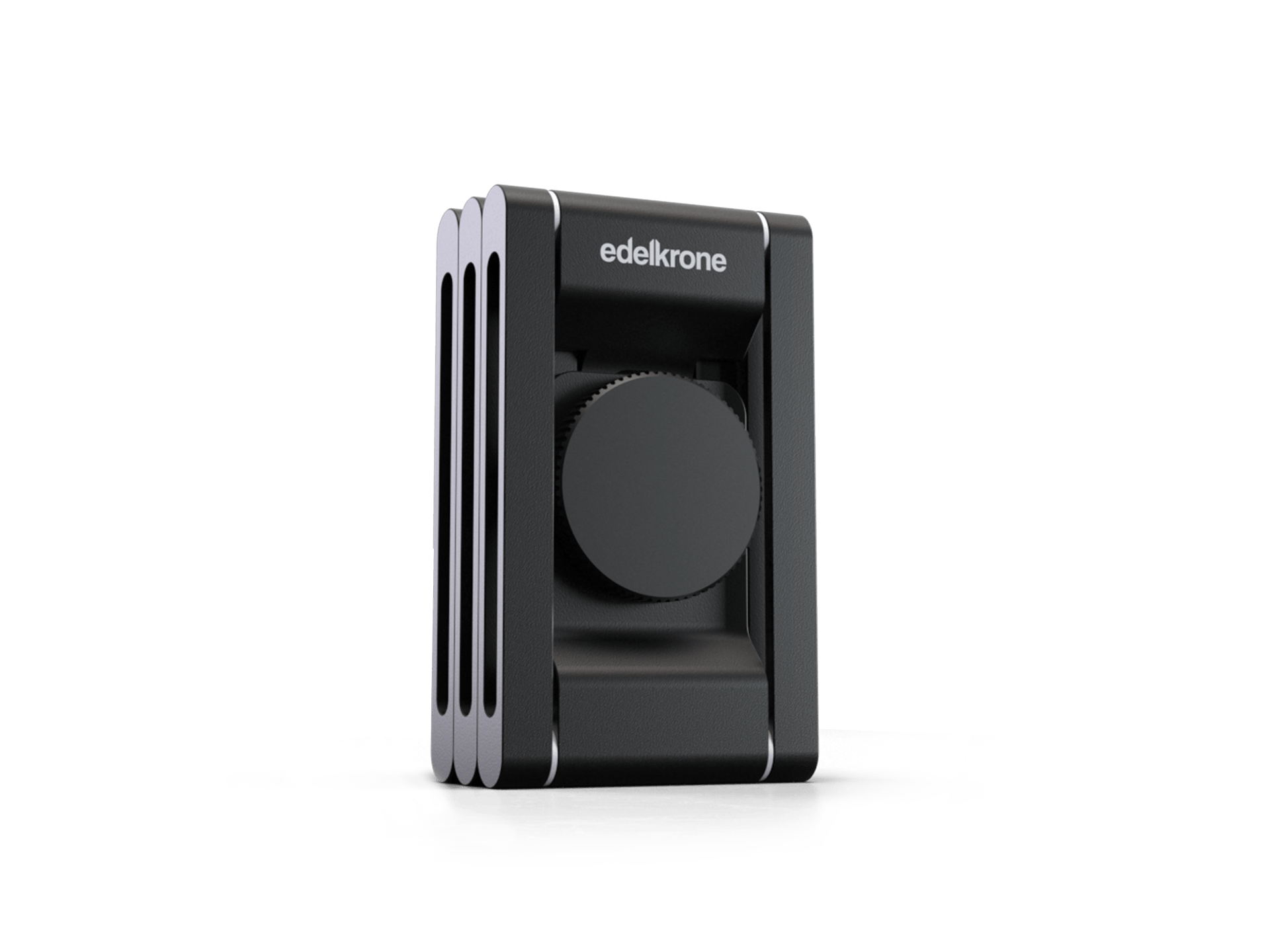
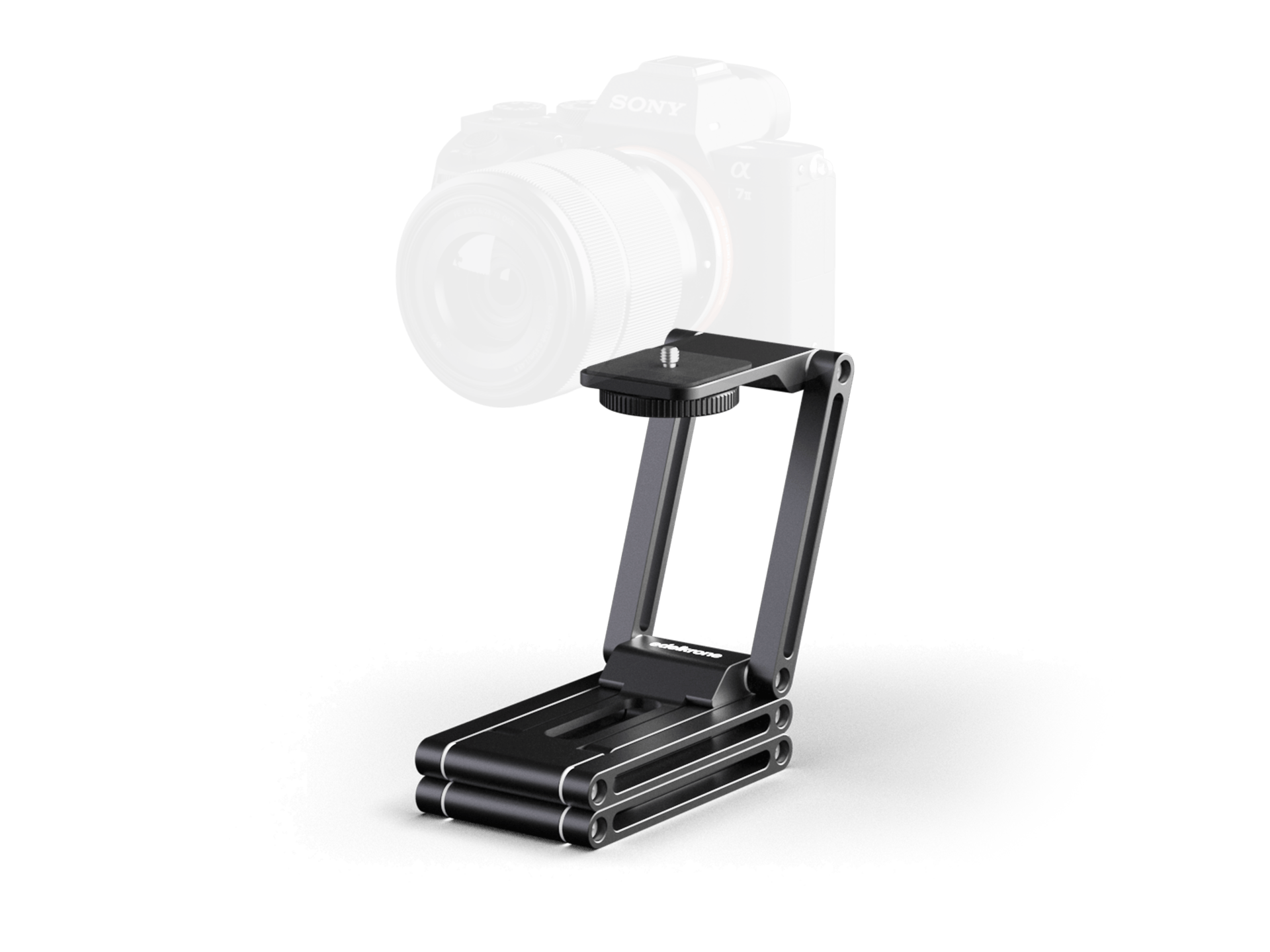
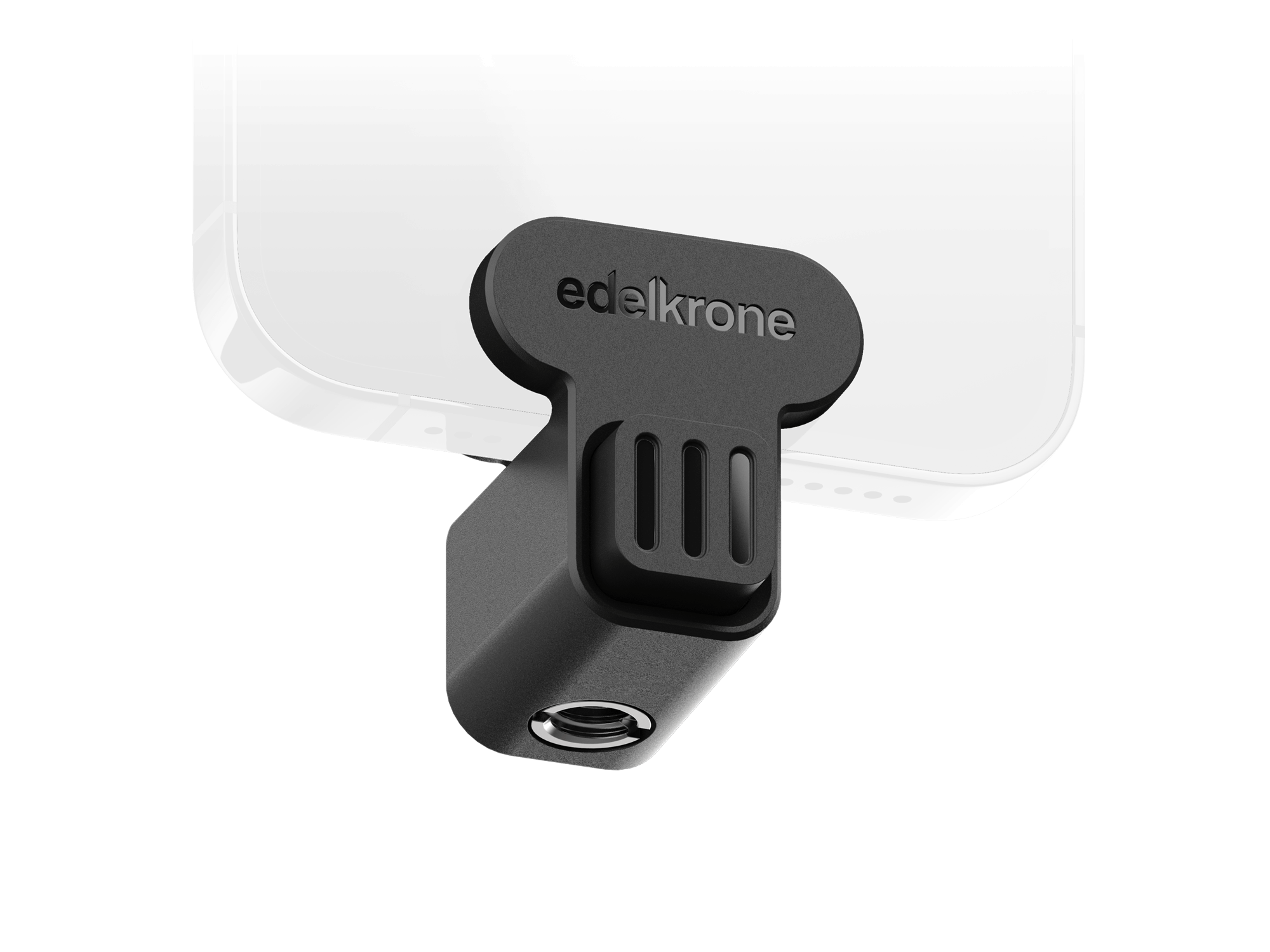
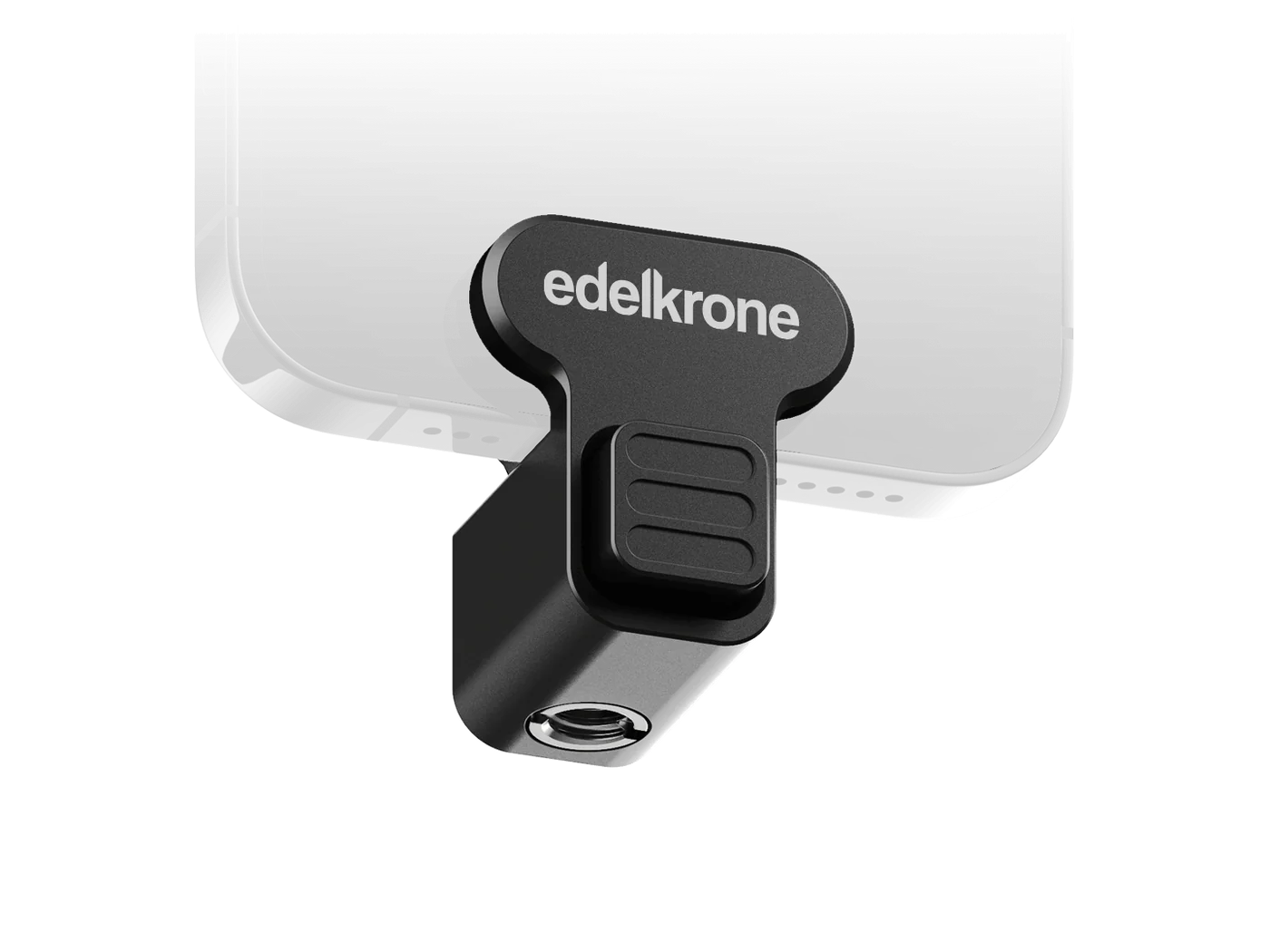
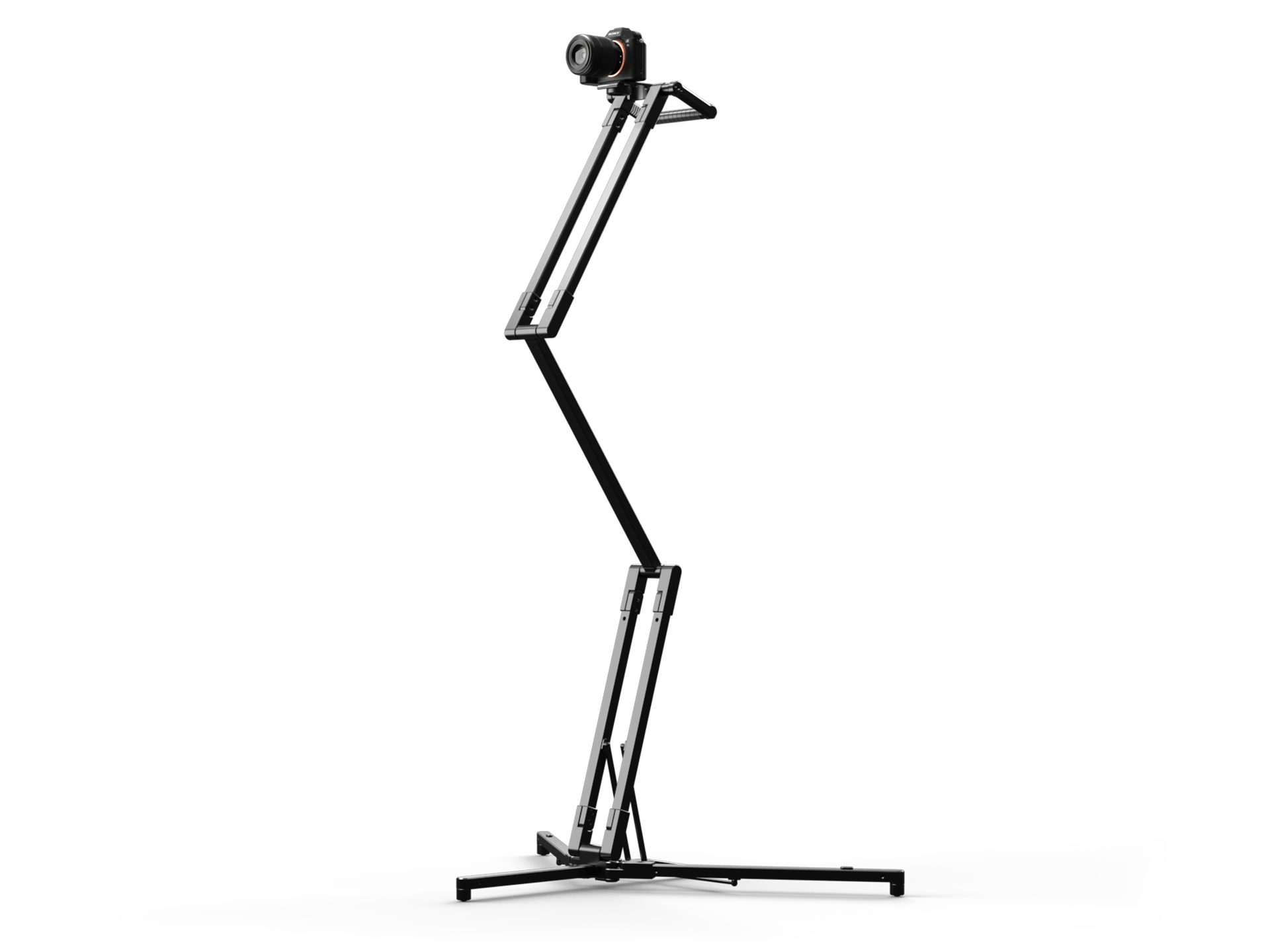
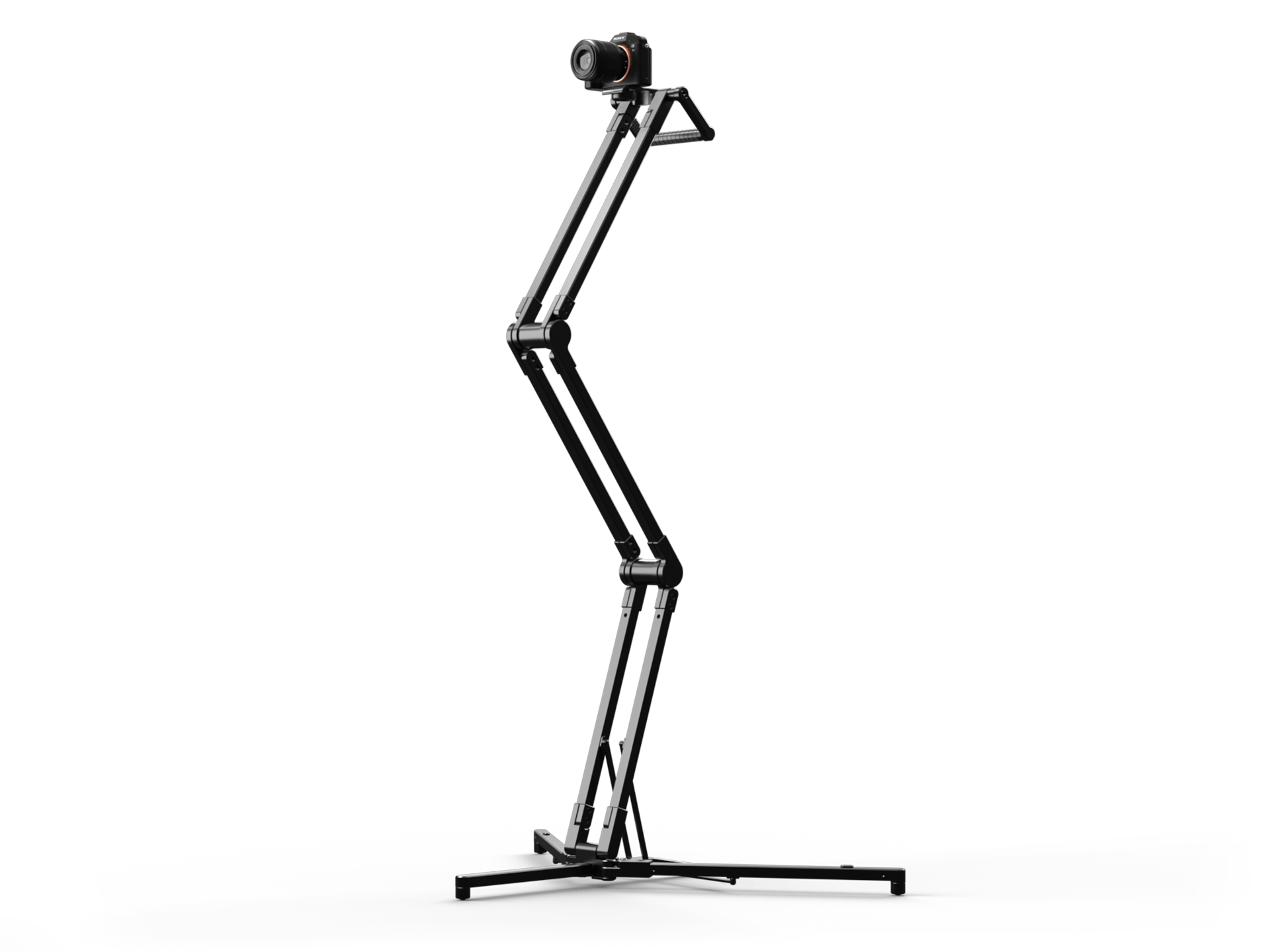
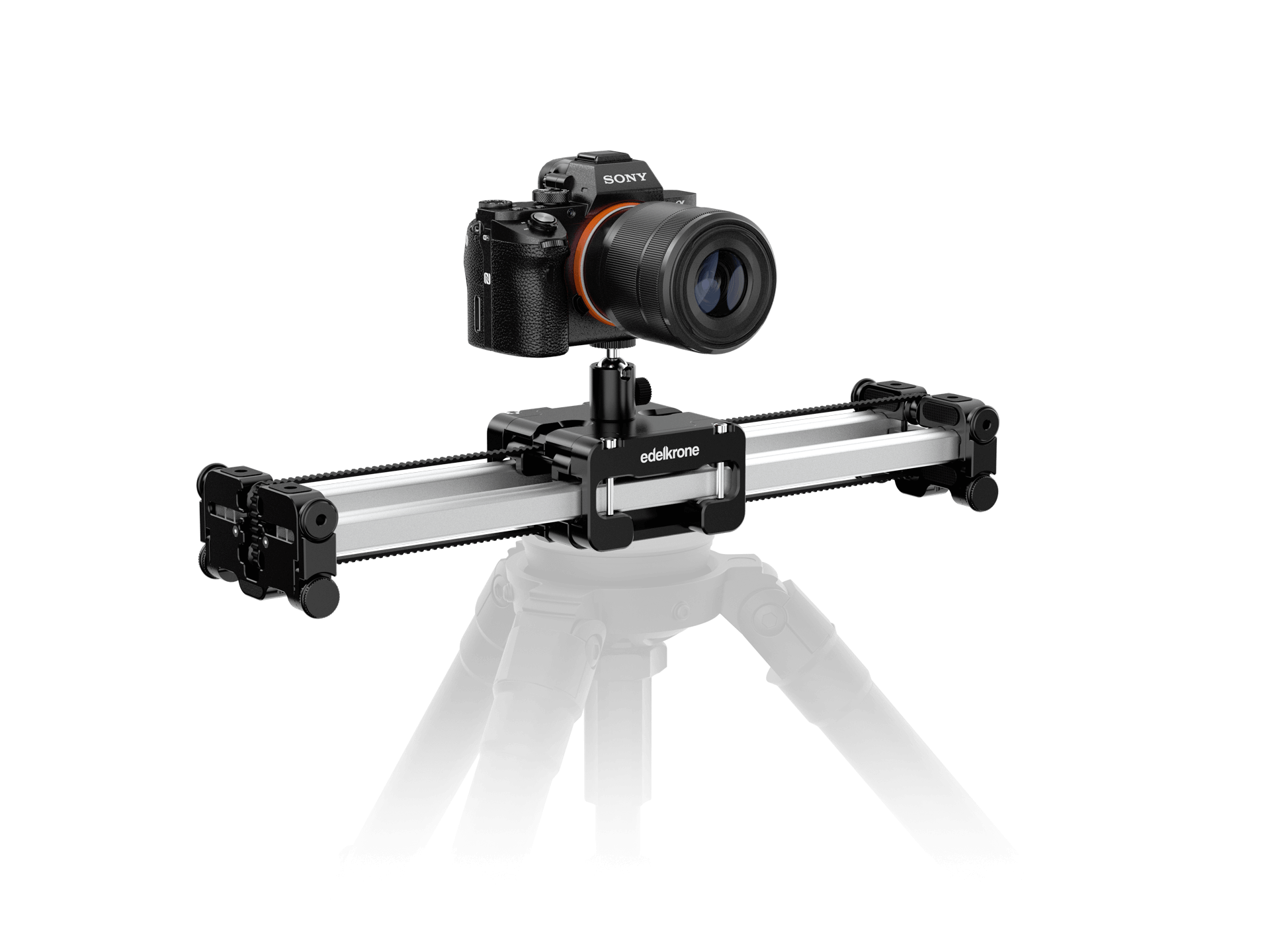
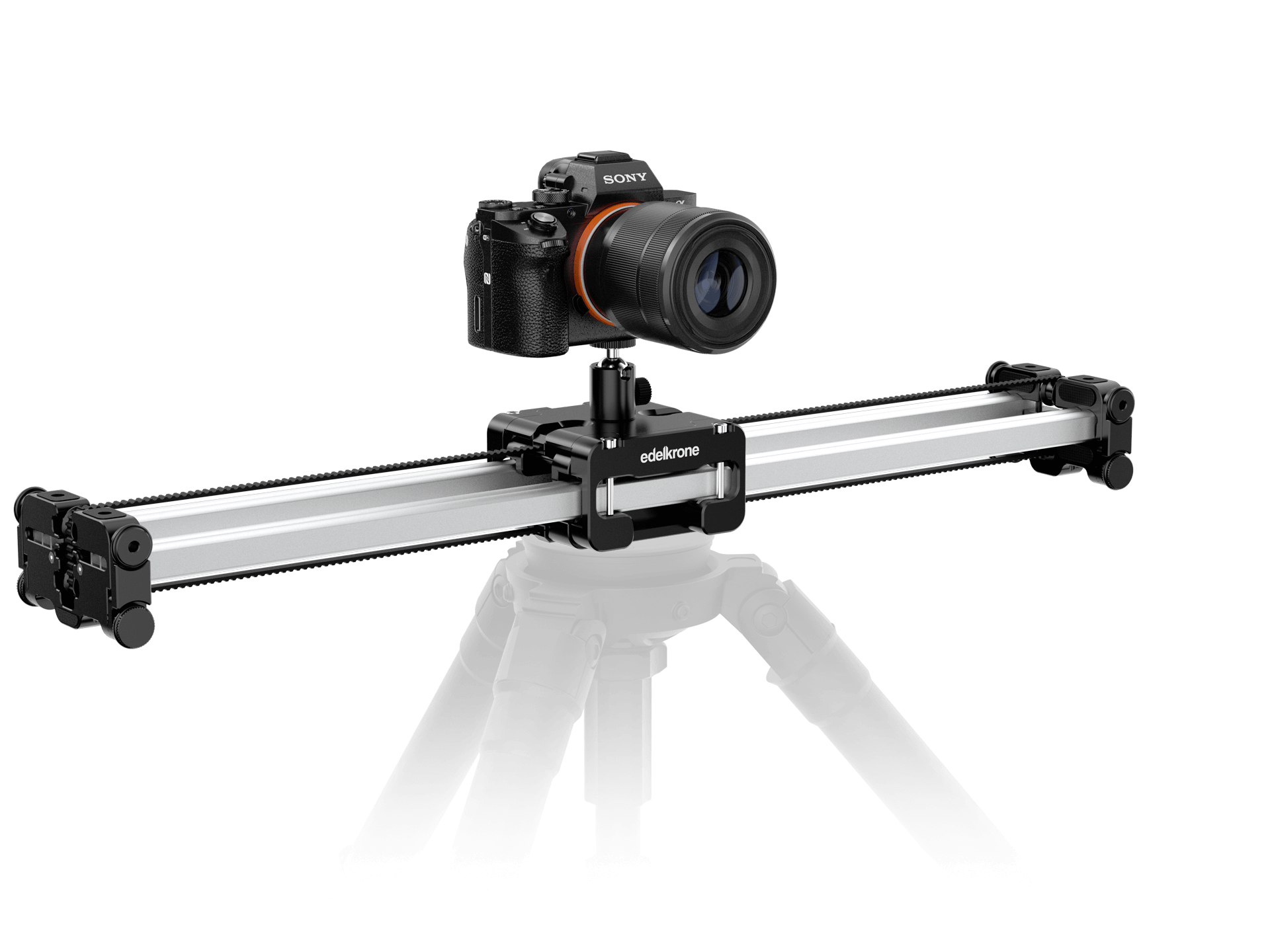
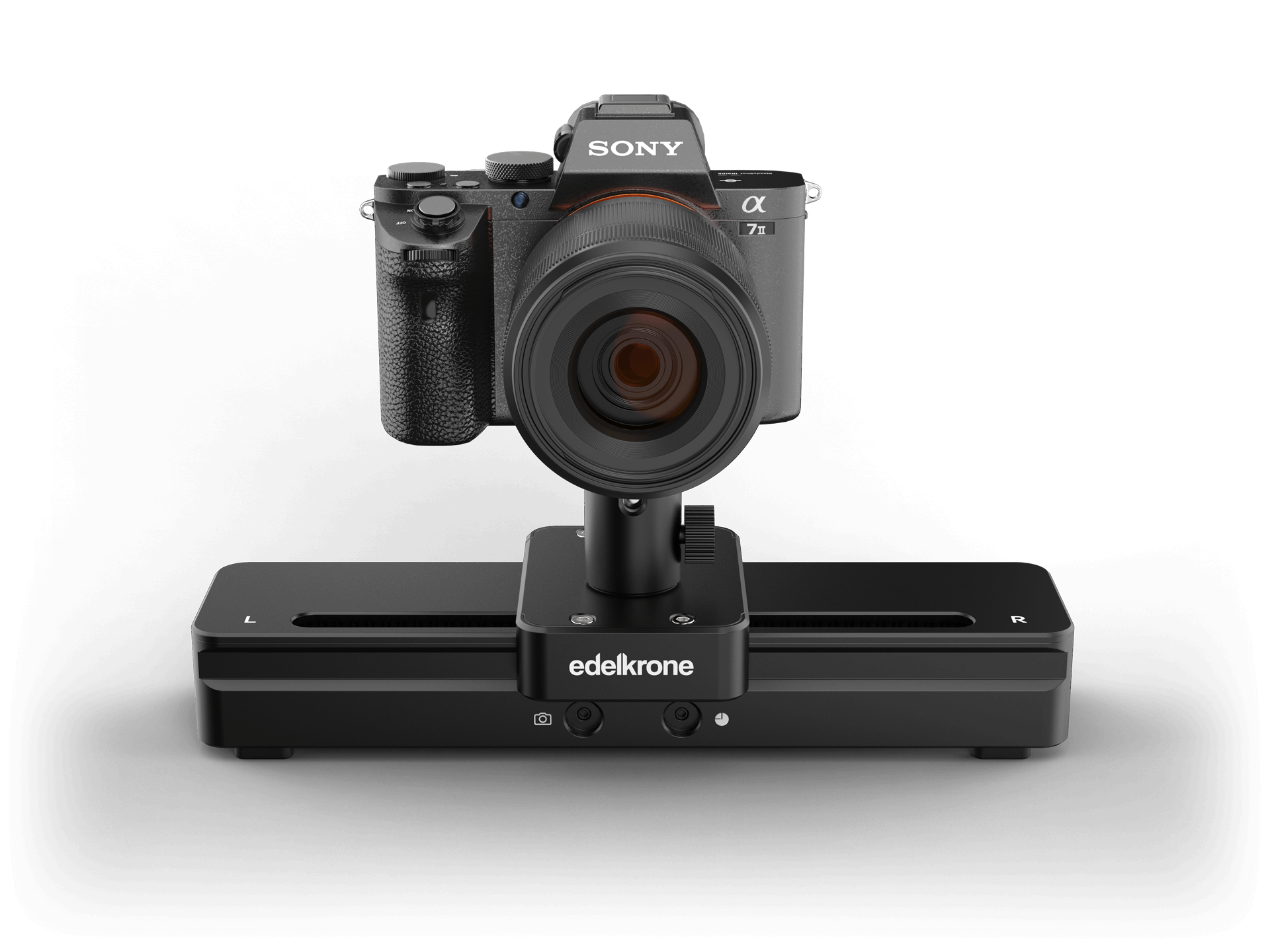
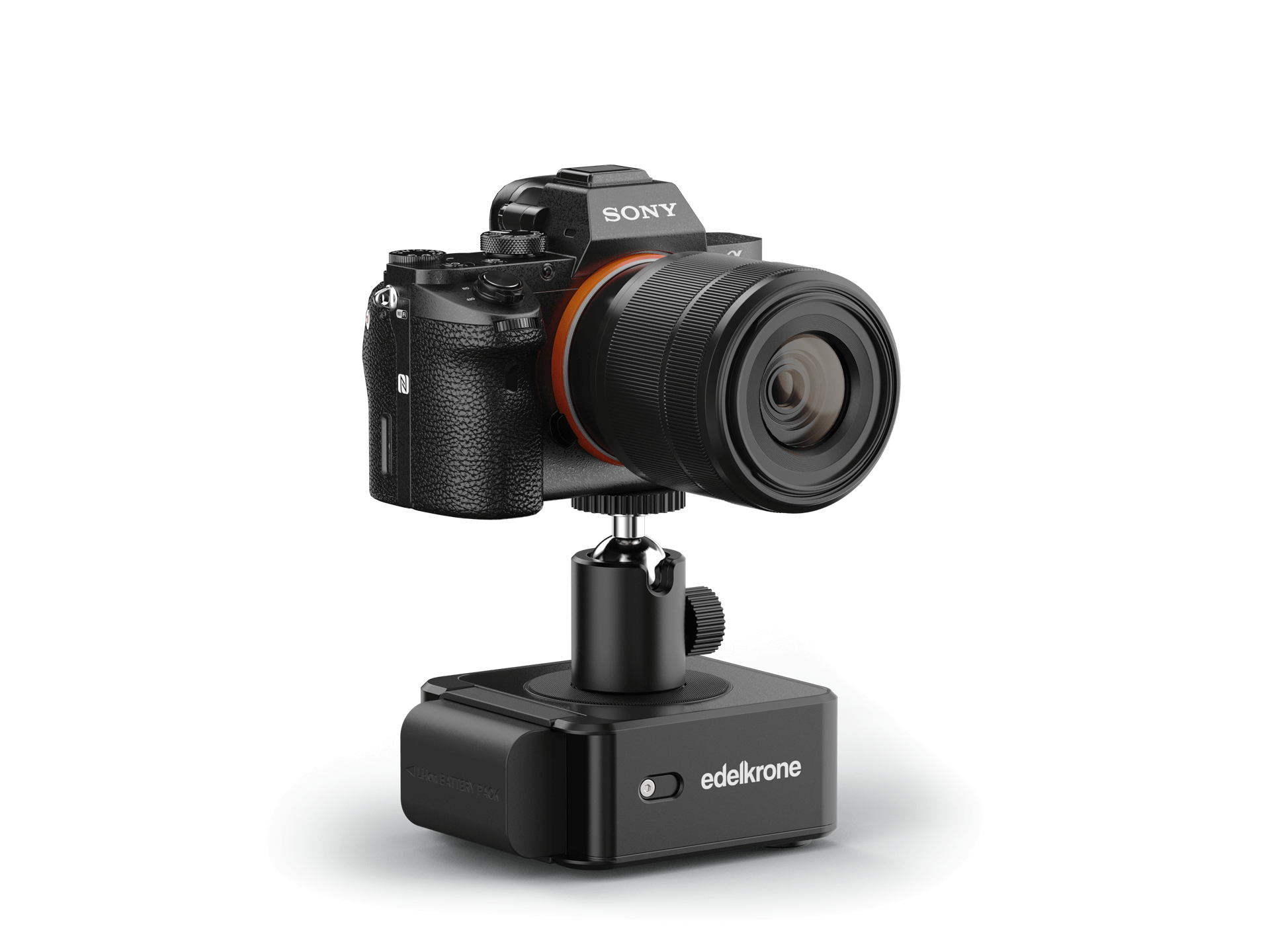
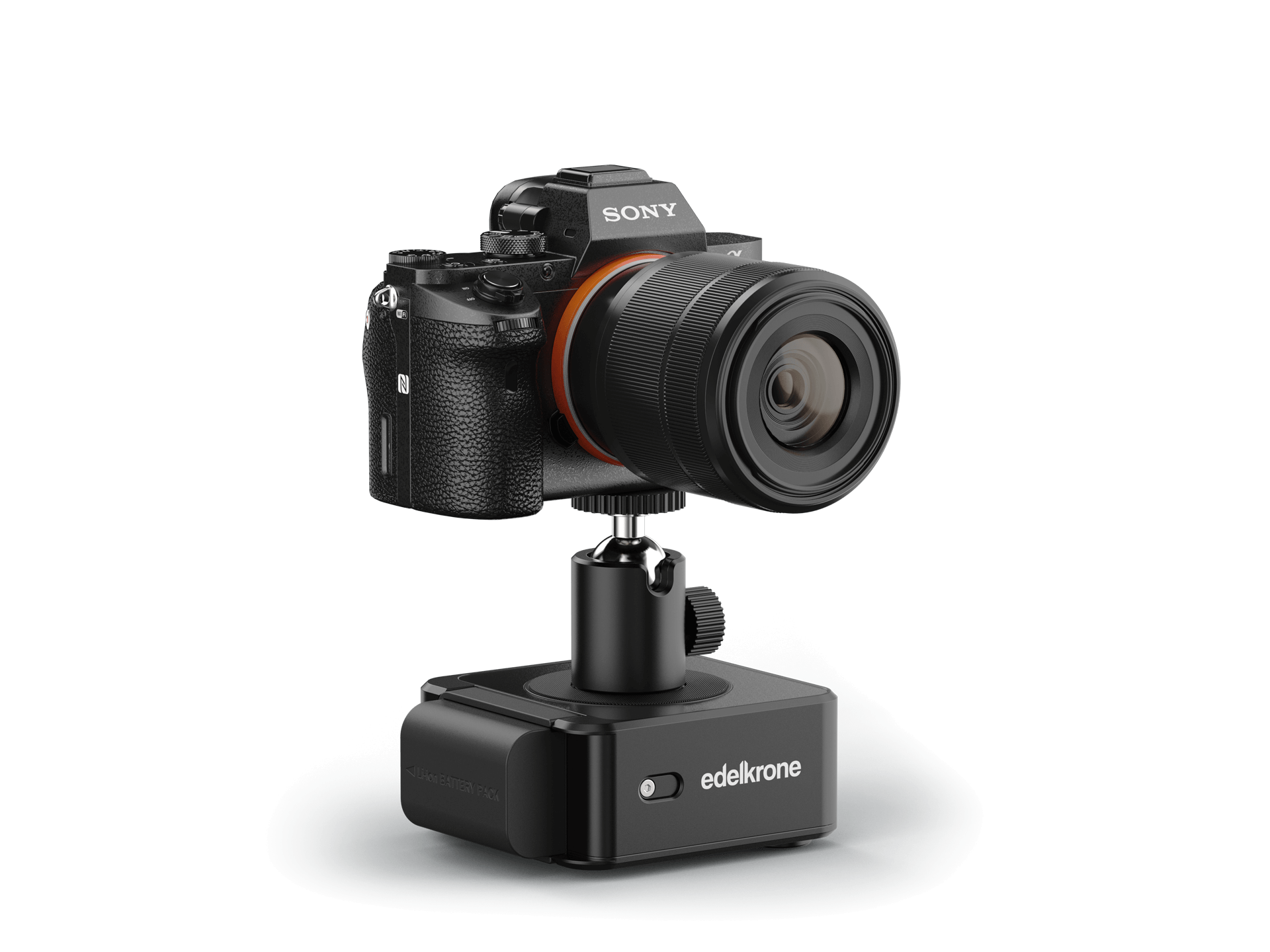
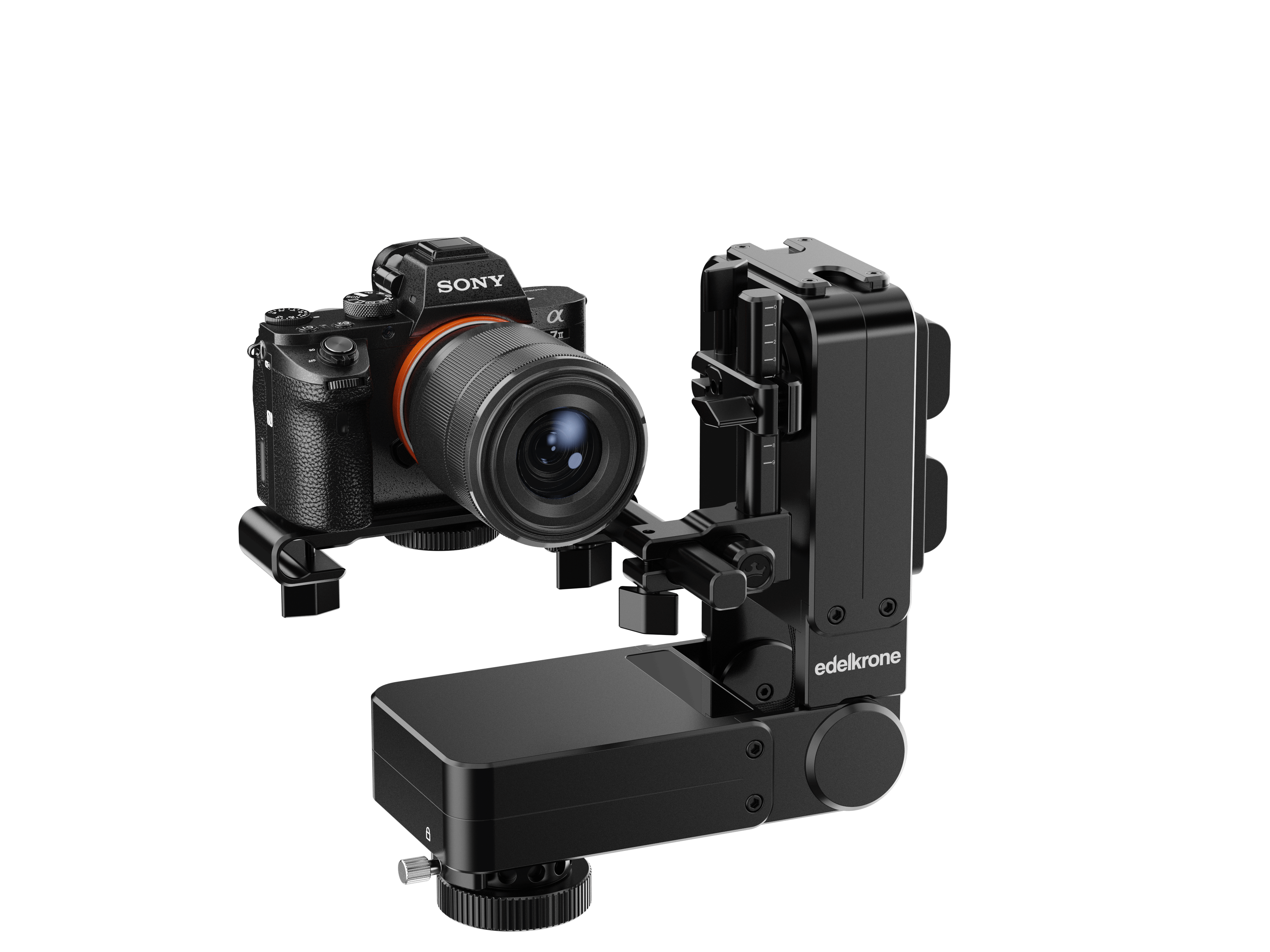
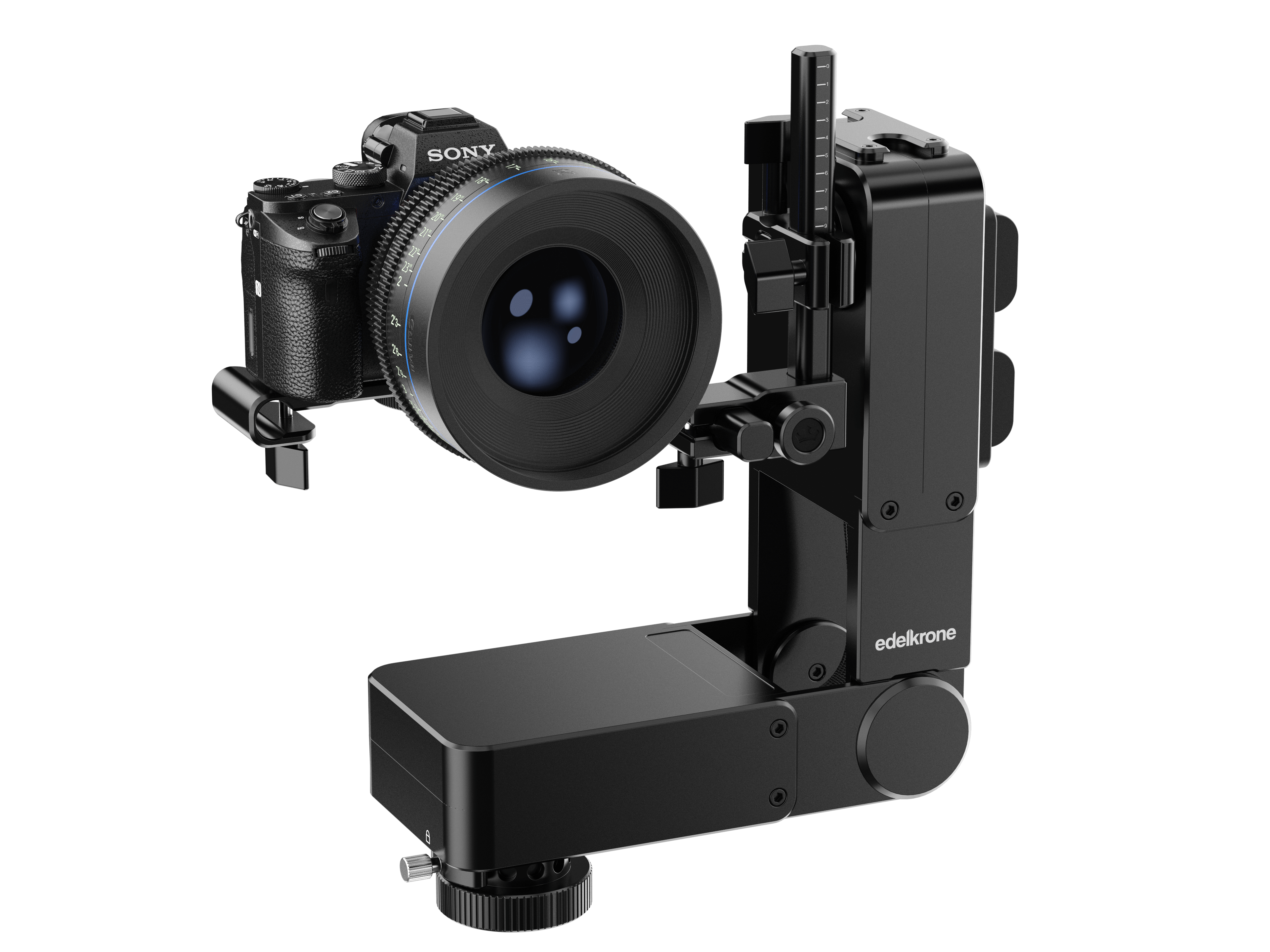
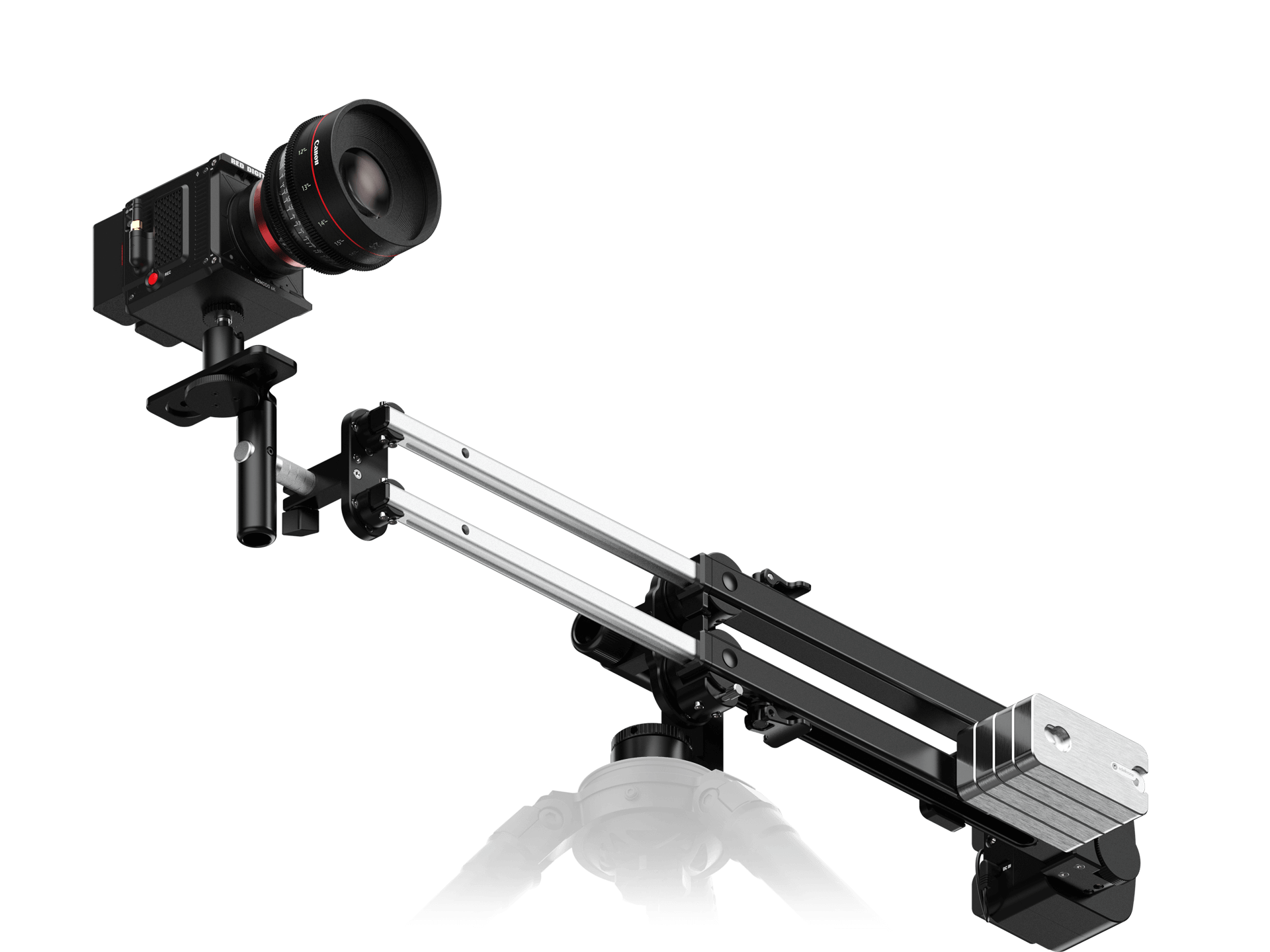
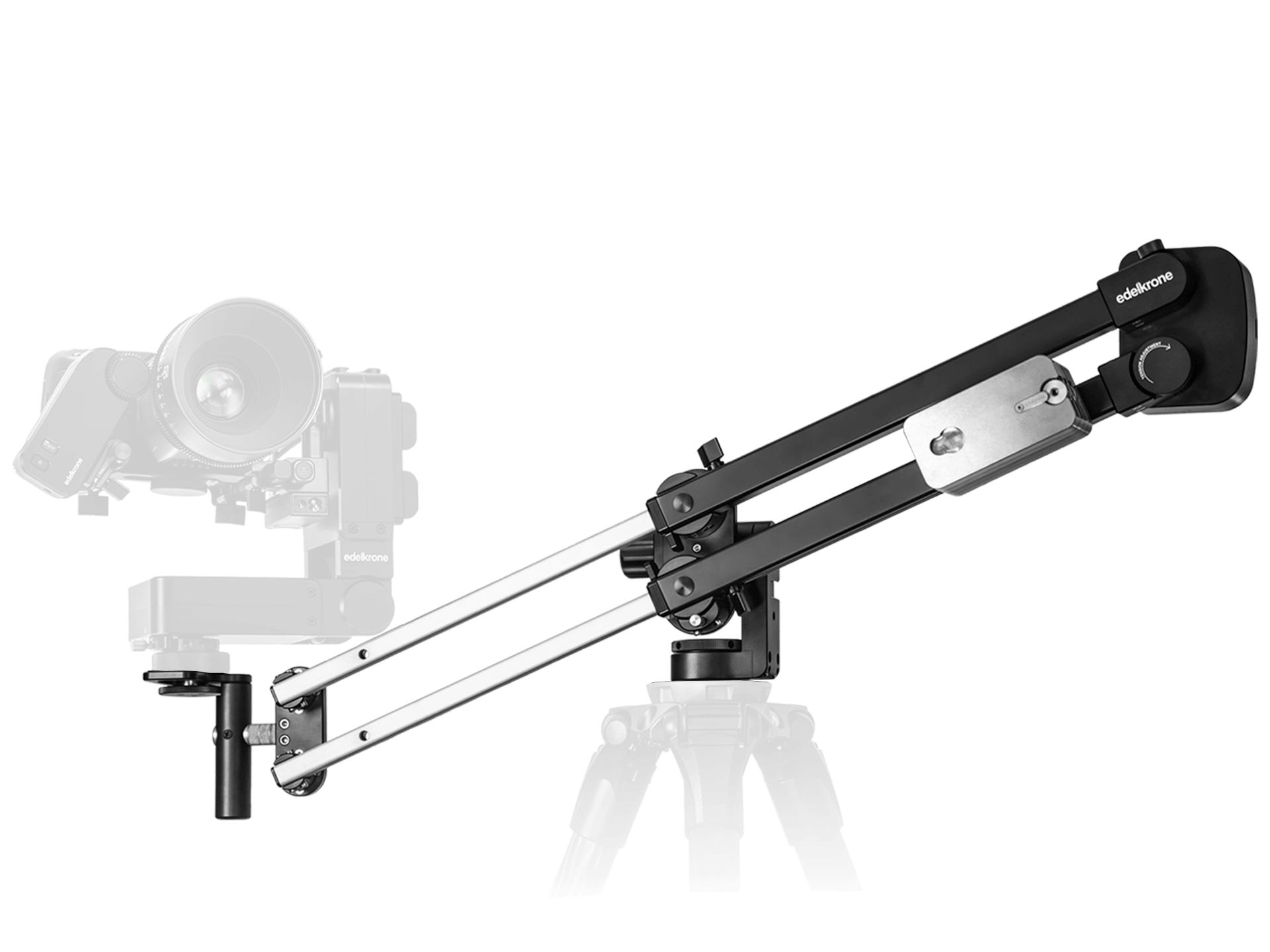
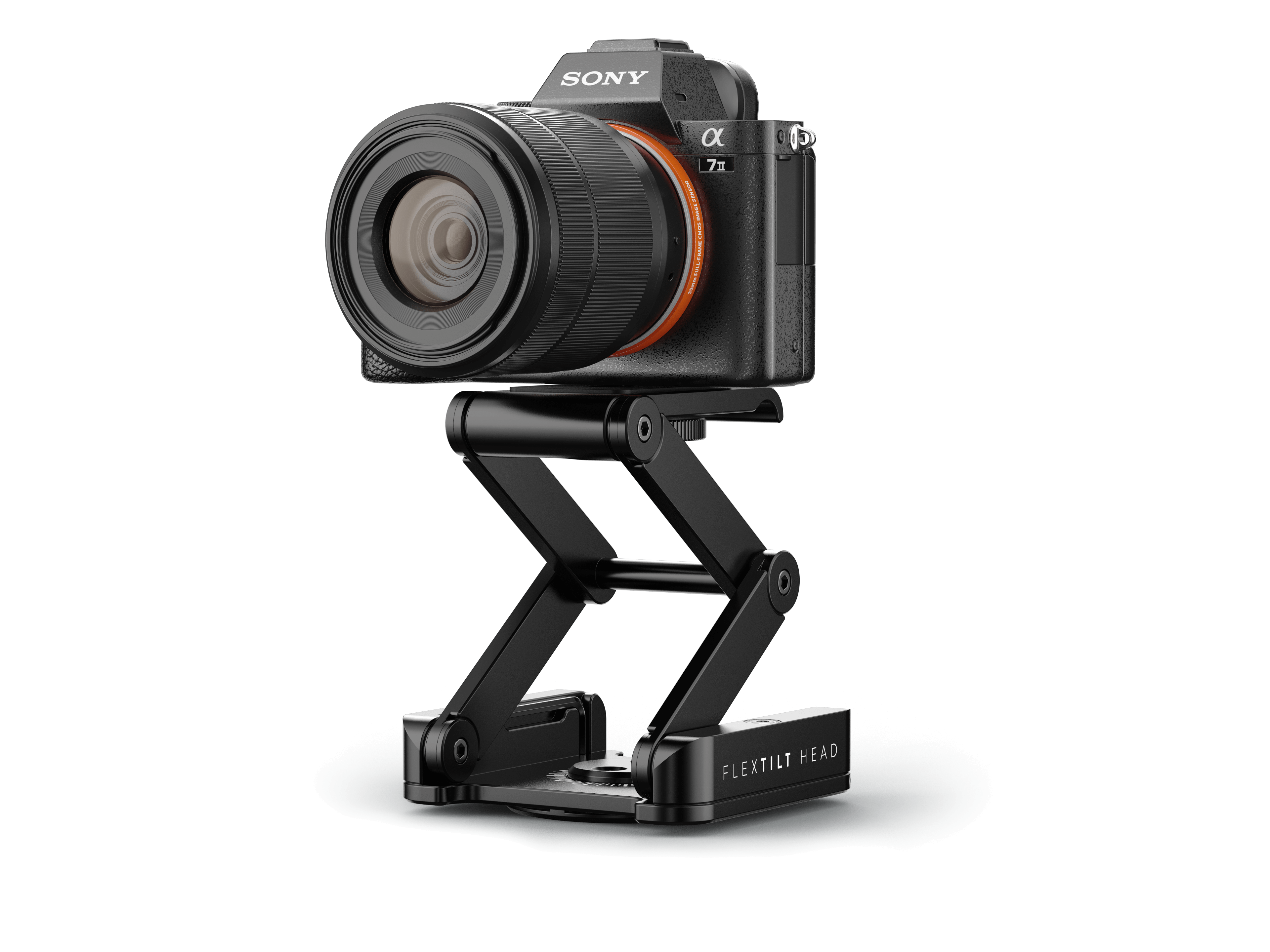
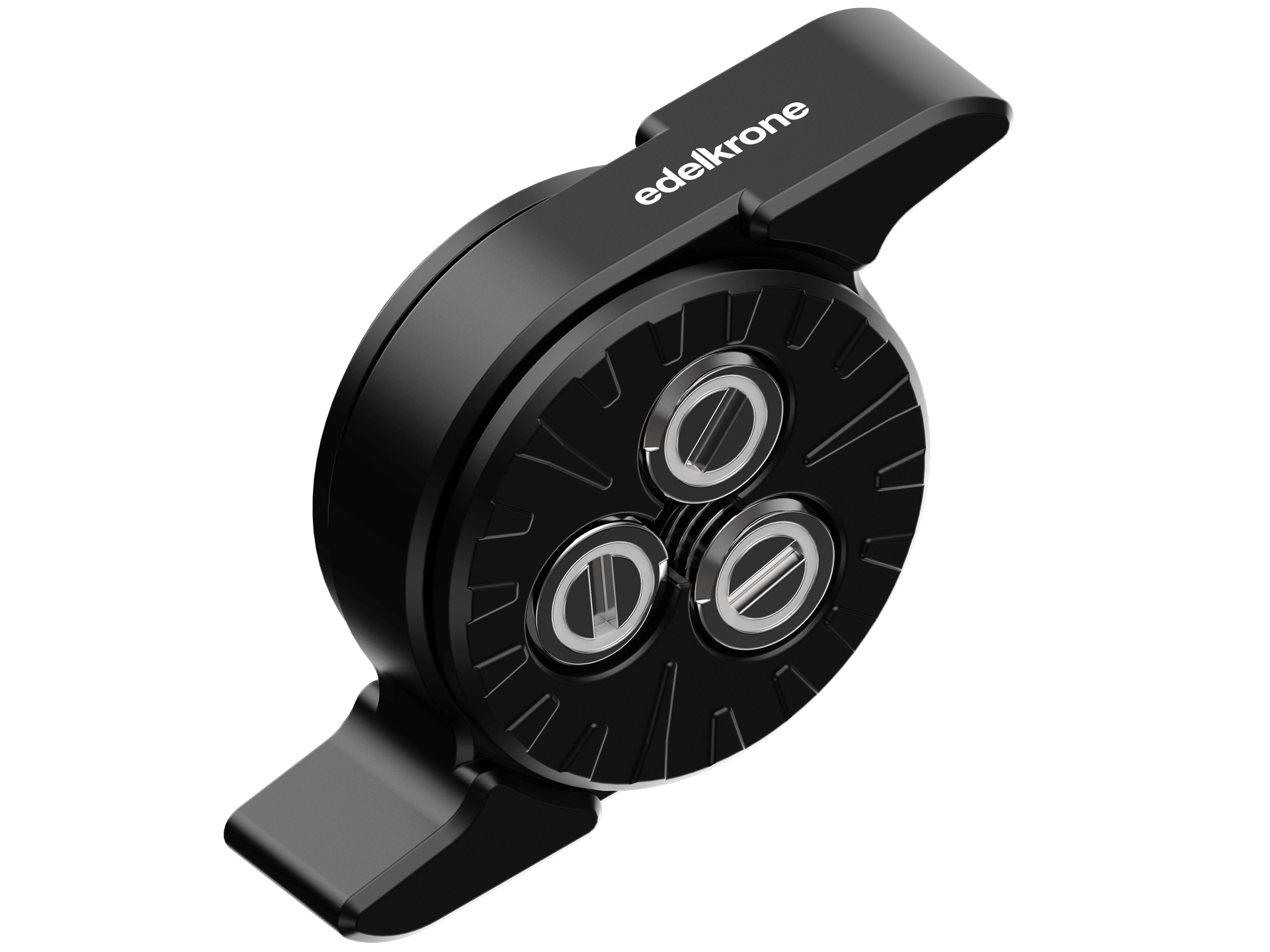
Leave a comment
This site is protected by reCAPTCHA and the Google Privacy Policy and Terms of Service apply.